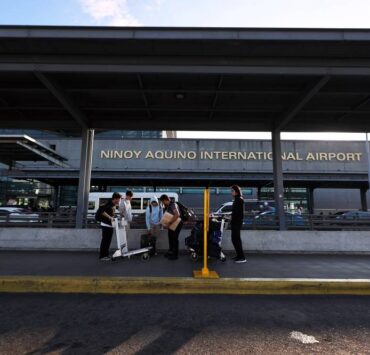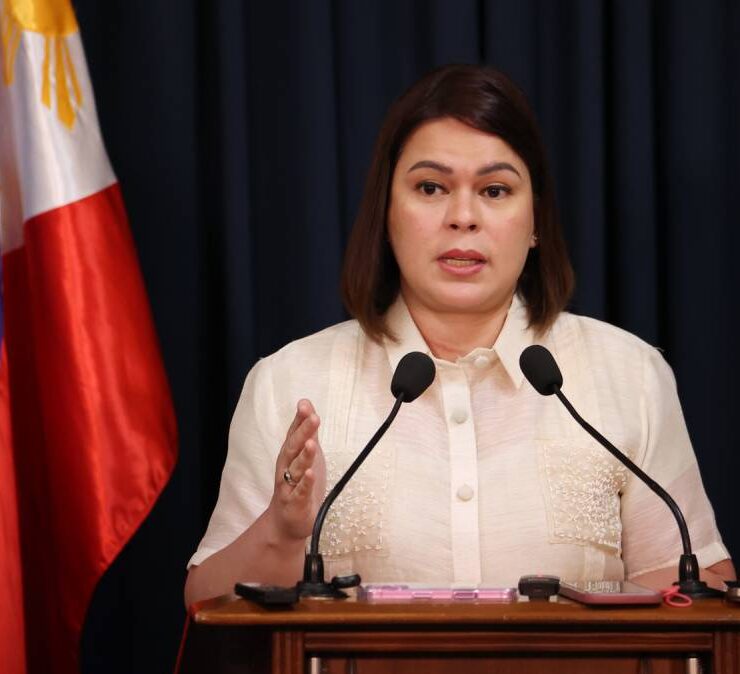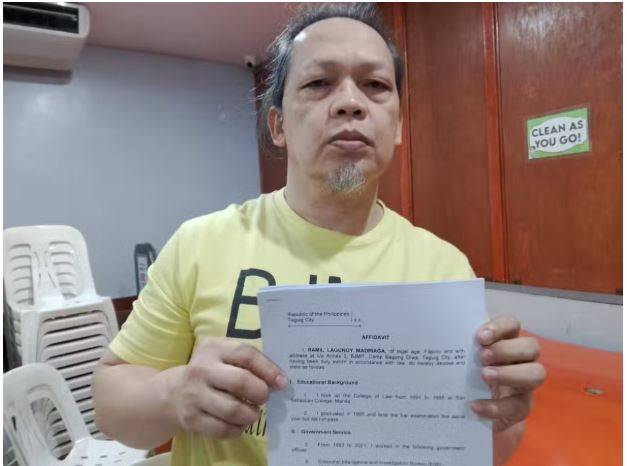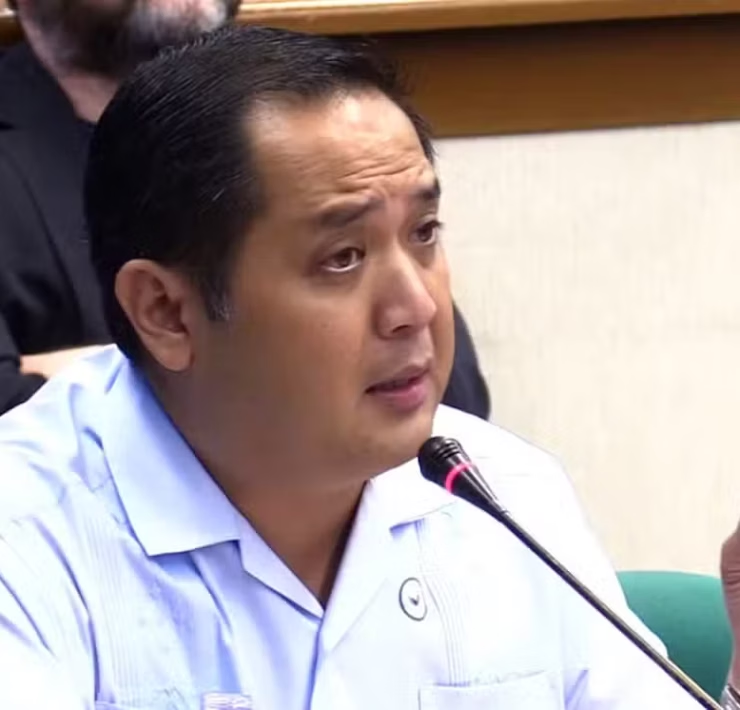Mayor: Tap former court, PNP execs in infra probe
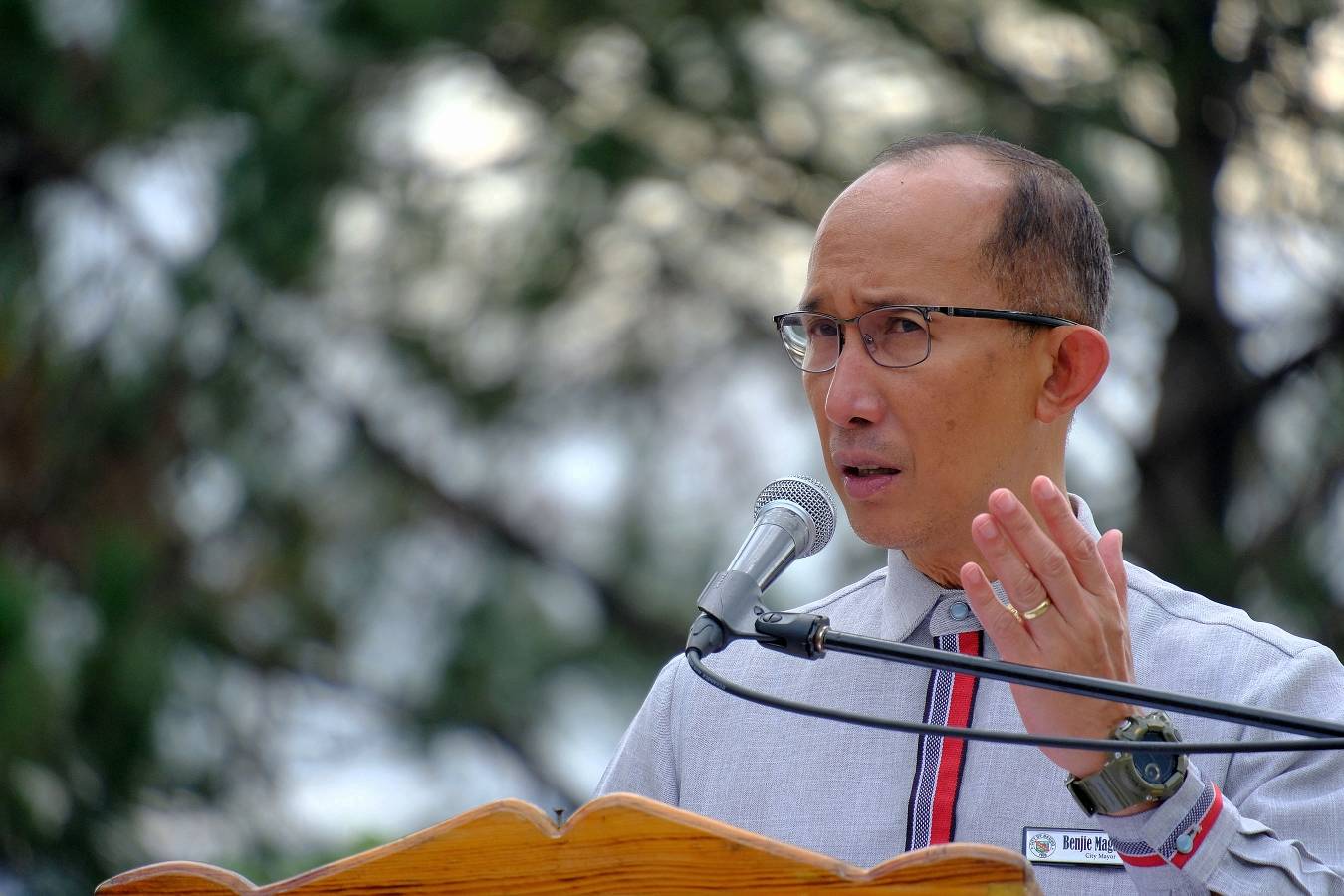
BAGUIO CITY—Mayor Benjamin Magalong on Monday suggested tapping retired magistrates such as former Chief Justice Reynato Puno as well as retired officials of the Philippine National Police to lead an independent inquiry into anomalies in flood control and other public infrastructure projects.
The Baguio mayor, himself a retired police general, was reiterating his suggestion last week when he underscored the importance of an independent or “third party” probe to ensure the integrity of such an investigation.
He said an independent probe would require capable investigators to pore over countless documents, conduct site visits, interview planners, budget officers, project implementers and beneficiaries, and perform extensive forensic accounting.
The investigation may need to cover a decade’s worth of programs, not just those launched in 2022, said Magalong, a former chief of the PNP’s Criminal Investigation and Detection Group.
Regulators should also be included, he added, such as municipal, provincial, or regional engineers, auditors and even the Department of Public Works and Highways (DPWH), especially in cases where overvalued and poorly built projects were cleared with little oversight.
Magalong, however, excused himself from that inquiry.
“I would not be an investigator. I was never interested in taking part in these investigations,” he told reporters here.
‘Tricom’ rejected
In his State of the Nation Address on July 28, President Marcos condemned substandard and overpriced flood control projects, rebuking those behind them with the remark: “Mahiya naman kayo (Have some shame)!”
Magalong rejected the initiative of the House of Representatives to form a “tricom” or joint inquiry by three of the House committees—public accounts, public works and good government.
“The message of the President was directed to those in Congress, meaning the anomalies he saw were inside the Congress. So, what is their moral ascendency to conduct an investigation?” he said earlier.
On Monday he pointed out anew the persistent allegations that some lawmakers had padded flood control and other infrastructure appropriations to secure massive kickbacks.
Corrupt officials, he said, have devised numerous schemes to extract profit at every stage of these projects.
COA’s role
The Commission on Audit (COA) on Aug. 12 issued a memorandum ordering an immediate “fraud audit” of flood control projects in Bulacan province—which received P44 billion, the biggest share of the P98-billion flood control fund for Central Luzon covering 2022 to 2025.
The COA memorandum was made public over the weekend after Mr. Marcos on Friday inspected a P96.4-million dike rehabilitation project in Calumpit town and expressed dismay at the sight of the dike’s crumbling concrete.
Magalong said state auditors must play a vital role in an independent probe since they hold copies of contracts, detailed price analyses and records of issues that typically arise during bidding—such as a builder’s Net Financial Contracting Capacity (NFCC).
The NFCC is a qualification measure used to determine whether a contractor’s capitalization is sufficient to match the project cost. This is mandated by Republic Act (RA) No. 12009—the 2023 law amending RA 9184 or the Government Procurement Reform Act of 2003.
One example that drew Malacañang’s attention was Mountain Province-based MG Samidan Construction and Development Corp., which secured P5 billion worth of Cordillera projects despite having only P250,000 in paid-up capital as of 2019, based on Securities and Exchange Commission records.
Flooding in mountain region
A curious circumstance that Magalong cited was that flooding has long become a problem even in the Cordillera, a mountainous region.
The region hosts major Luzon river systems and flooding affects communities in Abra, Mountain Province, Apayao, Kalinga, Ifugao, Benguet and even Baguio City.
In 2023, the Asian Development Bank consulted Abra residents on developing a resilience plan for communities along the Abra River floodplains, covering the towns of San Quintin, Langiden, Pidigan, Bangued, Tayum and La Paz.
The Department of Environment and Natural Resources has also been updating a river basin plan for the Apayao-Abulug River since 2023.
Magalong criticized large-scale flood control projects in the uplands, saying many project details appeared “cut and pasted” from lowland engineering designs and were unsuitable for the soil, geology and terrain of the mountain region.
He said national agencies rarely consult local governments on these undertakings—a point also affirmed by other local officials.
Governor’s order
“LGUs (local government units) have the right to be informed of DPWH projects, but we were kept blind. Only the congressmen knew the projects. Even the mayors were not informed,” Bulacan Gov. Daniel Fernando also pointed out on Monday.
Following Mr. Marcos’ visit, Fernando ordered all DPWH district offices in the province to submit reports on their proposed and ongoing projects.
“The projects have to pass through me. The provincial government of Bulacan has to see if the strategies of the projects align with the physical framework plan of the province,” he said.
Fernando cited smaller-scale infrastructure projects by the provincial government, such as the recently completed erosion-control project in Barangay Lambakin, Marilao town.
“We did not wait for the national government. We immediately acted. But revetments and major flood control projects can only be built by the DPWH,” the governor said.
Nevertheless he urged the national government to pursue the proposed Mega Dike Flood Control Road Project from Metro Manila to Bataan, which Fernando called the “ultimate solution” to perennial flooding worsened by high tide.
Call by mayors
Apart from his call for an independent probe, Magalong and other local executives issued a statement on Saturday urging government agencies to name politicians and contractors in irregular infrastructure projects.
Their group, Mayors for Good Governance, has now grown to over 200 members, Magalong said on Monday, adding that some governors have expressed interest in forming their group.
Farmers and other sectors may also form similar movements, according to the Baguio mayor, who also noted the public’s increasing concern over corruption in government.














